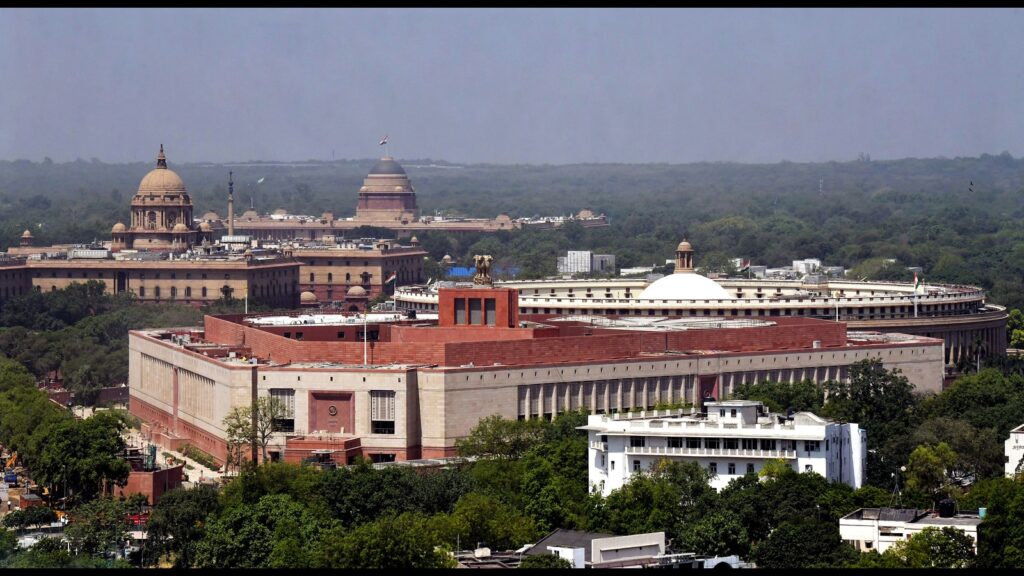India’s new Parliament is going to open on a controversial note. On Wednesday, 19 Opposition parties issued a joint statement, saying they will stay away from the inauguration ceremony on May 28 because they believe the President, as the head of the State, should be the one presiding over the ceremony, not Prime Minister (PM) Narendra Modi. These 19 outfits — which control 11 states — said that the decision to inaugurate the Parliament without the presence of the President insulted her office and violated the letter and spirit of the Constitution. In response, the Union government said the event is a historic occasion that should not be vitiated by politics.
Beyond the immediate circumstances of the ceremony, the joint statement also hinted at underlying reasons that are prying apart the parliamentary compact and creating a trust deficit between the government and the Opposition — the continued disruption of Parliament. The government believes Opposition parties don’t respect its democratic mandate and disrupt proceedings on a whim, and the Opposition thinks the government is ramrodding legislation through Parliament based on its numerical superiority. To move forward, both sides will have to create a compact on structural reforms in Parliament, including carving out more dedicated time to raise issues. For the Opposition, this is yet another test of how many parties are willing to do business with the Bharatiya Janata Party. This is important given that a battle is brewing over the Centre’s controversial ordinance to gain control over Delhi’s bureaucracy, and every member will be crucial if the bill comes to a vote, especially in the Upper House where parties such as the YSR Congress and Biju Janata Dal (which haven’t signed the statement) hold the balance. For the government, it is a test of whether it is able to better manage House proceedings and prevent more washouts.
India’s Parliament serves as the nerve centre of the largest democracy in the world. The inauguration of a new Parliament building, therefore, should ideally have all stakeholders on board. The unseemly standoff indicates that even as parliamentary functions move from the 96-year-old colonial building to a swankier and better-equipped structure, so does the acrimony. And that it will take much more effort from both sides to bridge this trust deficit and create a conducive environment for debate where ordinary citizens can truly be proud of their new Parliament.
Enjoy unlimited digital access with HT Premium
Subscribe Now to continue reading


